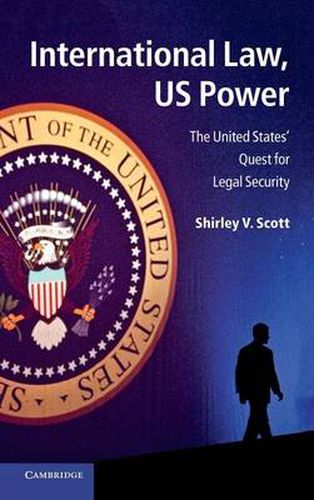Readings Newsletter
Become a Readings Member to make your shopping experience even easier.
Sign in or sign up for free!
You’re not far away from qualifying for FREE standard shipping within Australia
You’ve qualified for FREE standard shipping within Australia
The cart is loading…






Observers of the USA’s attitude towards international law seem to be perpetually taken aback by its actions, whether those relate to the use of force, the International Criminal Court or human rights. This book sets out to articulate the considerable degree of continuity in the nature of US engagement with international law. International Law, US Power explains that the USA has throughout its history pursued a quest for defensive and offensive legal security and that this was a key ingredient in the rise of the USA. Although skilful strategic involvement with international law was an ingredient in the USA ‘winning’ the Cold War, the rise of China and the growing negotiating strength of leading developing countries mean that the USA is likely to find it increasingly difficult to use the same set of techniques in the future.
$9.00 standard shipping within Australia
FREE standard shipping within Australia for orders over $100.00
Express & International shipping calculated at checkout
Observers of the USA’s attitude towards international law seem to be perpetually taken aback by its actions, whether those relate to the use of force, the International Criminal Court or human rights. This book sets out to articulate the considerable degree of continuity in the nature of US engagement with international law. International Law, US Power explains that the USA has throughout its history pursued a quest for defensive and offensive legal security and that this was a key ingredient in the rise of the USA. Although skilful strategic involvement with international law was an ingredient in the USA ‘winning’ the Cold War, the rise of China and the growing negotiating strength of leading developing countries mean that the USA is likely to find it increasingly difficult to use the same set of techniques in the future.